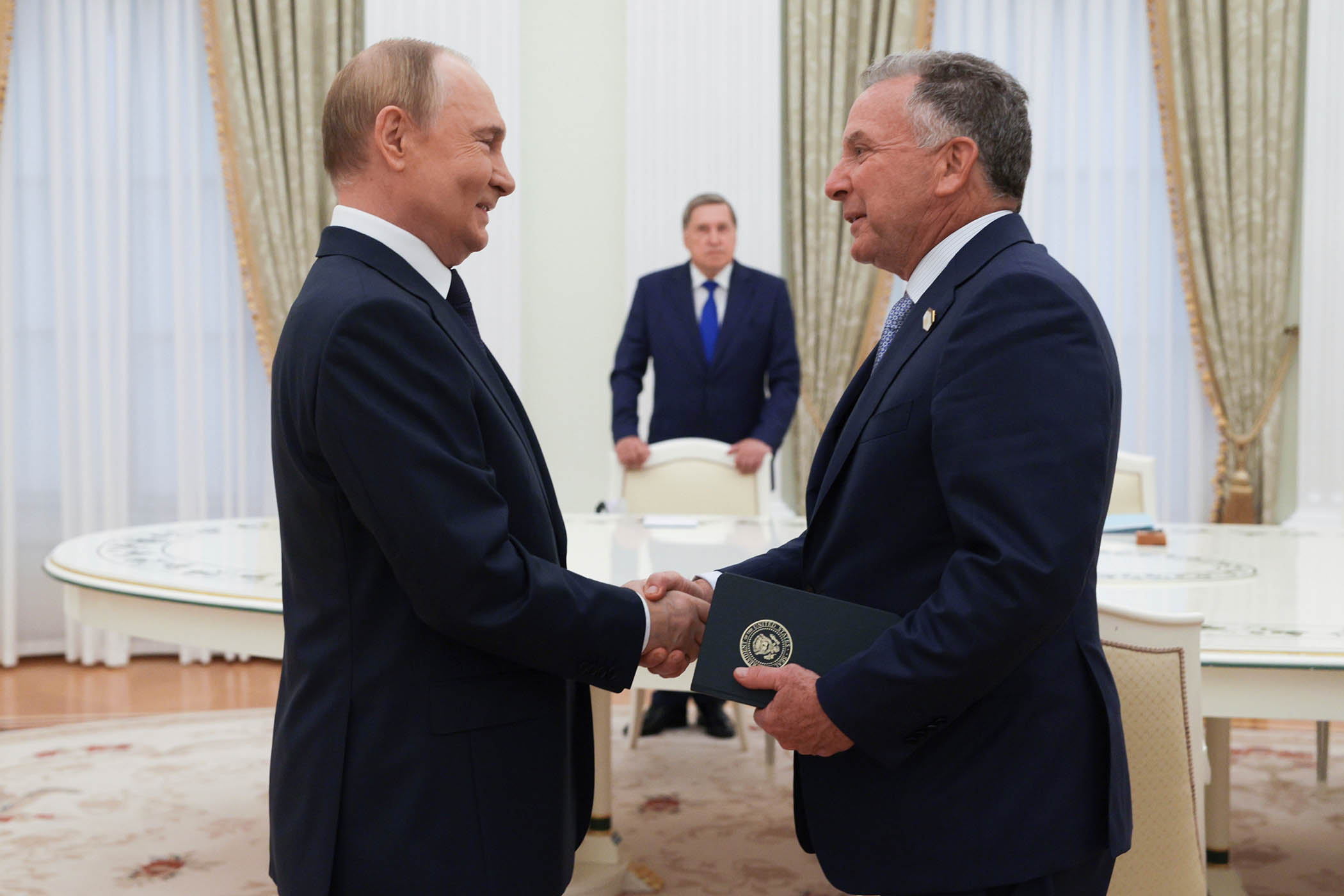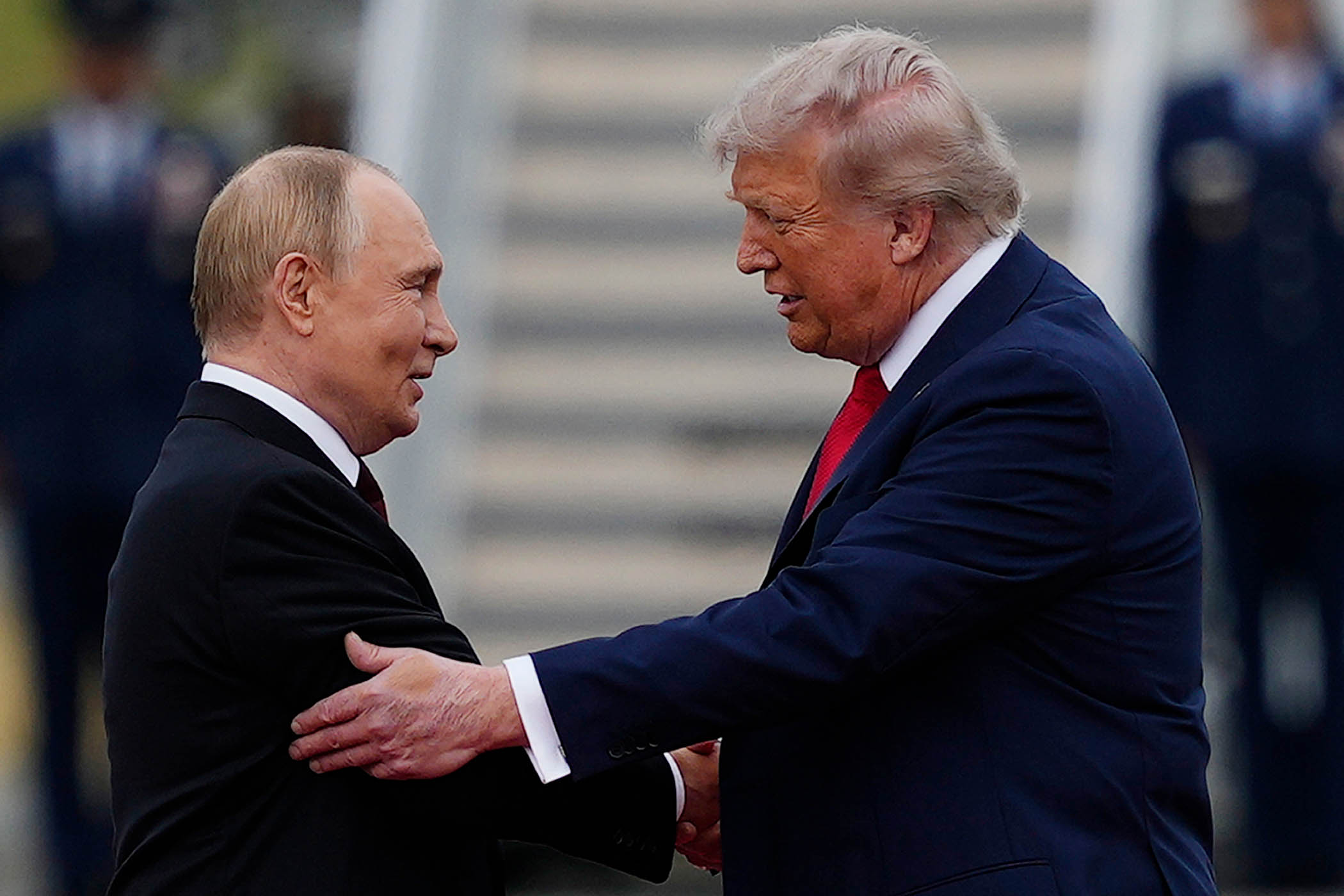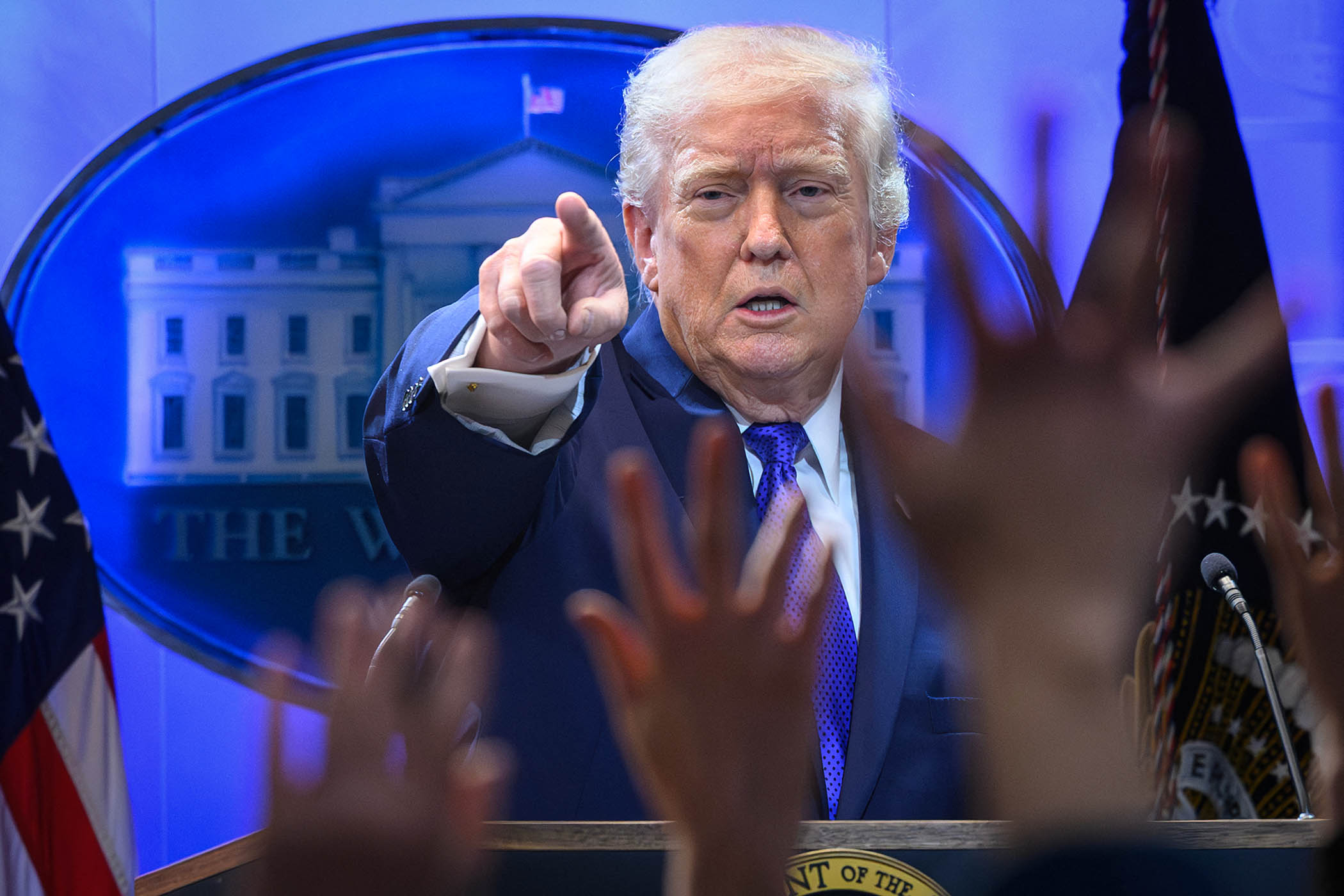Marco Rubio has many jobs in the second Trump administration. He is secretary of state, national security adviser and even chief archivist, having also until recently been the administrator of USAID.
What he’s not is Donald Trump’s chief diplomat. That job belongs to Steve Witkoff, the billionaire property developer who is also the president’s golfing partner. In the first 10 months of Trump’s second administration, Witkoff has emerged as his dominant peace envoy.
He works largely on his own, flying around the world on his own aircraft, using unsecured communications to talk to interlocutors and report back from the road. To educate himself on international affairs he has read a lot of books and watched Netflix documentaries, he has said, but he neither claims to be an expert nor thinks he needs to be one. After all, he said: “Diplomacy is negotiation. I’ve been doing it my whole life.”
So how is the self-described “amateur diplomat” doing? Nuclear weapons negotiations with Iran didn’t go far, and he often got the finer details of nuclear enrichment and Iranian commitments wrong. In the end, Israel and the US sought to end the nuclear programme with bombs rather than talk.
He has had more success in the Middle East, seizing on Trump’s unhappiness with Israel’s decision to bomb Qatar, a key interlocutor with Hamas, to help force an end to the fighting in Gaza. Witkoff helped convince the Israelis that a 20-point peace plan he had drafted with Jared Kushner, Trump’s son-in-law, could end the war. Though more a ceasefire than a durable peace, the plan did stop the fighting and secure the return all hostages to Israel.
His efforts to end the war in Ukraine have so far been less successful, mainly because he doesn’t really understand the conflict or who he is dealing with. That’s a problem he shares with his boss. Trump had great faith that his personal relationship with Vladimir Putin would suffice to end the war. But that meant he would need to take the Russian president’s side and convince Ukraine to give in.
It is the same approach Witkoff has taken. In February, he travelled to Moscow on the first of his six visits (he has yet to travel to Kyiv) and came away impressed with Putin. “I liked him,” he told the former Fox News host Tucker Carlson in an interview. “He’s a straightforward guy.”
Putin is anything but: he is a master of intimidation, subterfuge and faking it, and Witkoff has proven an easy mark. Like Trump, he has accepted Putin’s claim that Volodymyr Zelensky is an illegitimate leader, that the war was caused by Nato’s expansion eastward and that large parts of Ukraine are Russian. “They’re Russian-speaking,” he told Carlson. “There have been referendums where the overwhelming majority of the people have indicated that they want to be under Russian rule.”
All of this is dead wrong. Putin’s complaint about the Maidan revolution of 2014 that ousted his lackey Viktor Yanukovych from the presidency has nothing to do with Zelensky, who was elected by an overwhelming majority five years later. Nato wasn’t the issue either; Putin’s aggression against a neighbouring state was – which is why Sweden and Finland joined Nato after his invasion of Ukraine. And to assume forced referendums held under occupation are legitimate is, frankly, outrageous.
And yet a close look at the 28-point peace plan Witkoff developed to end the war in Ukraine shows how Russian thinking is now his own. It would cede the regions Witkoff thinks are Russian to the aggressor, even forcing Kyiv to give up territory it has held for more than 11 years of war. It calls for Ukrainian elections within 100 days, bars Nato membership and limits the size and capabilities of the Ukrainian army.
Newsletters
Choose the newsletters you want to receive
View more
For information about how The Observer protects your data, read our Privacy Policy
Putin’s goal in Ukraine has been twofold: first, to ensure none of Russia’s neighbours is a thriving democracy, for fear Russia’s people will demand the same freedoms and voice. Second, to subjugate Ukraine’s independence so that its future is decided in Moscow.
Putin has destroyed his country’s civilian economy and sacrificed the lives of more than 1 million Russians to achieve these goals – so far without success. But here comes Witkoff, who is said to rely on Kremlin interpreters, with a plan that would give him everything he wants but could not get by fighting.
And Ukraine? It is presented with an ultimatum to accept it or live without US military and intelligence assistance. All that is missing is Trump and Witkoff proudly proclaiming: “Peace for our time.”
Ivo Daalder is a former US ambassador to Nato
Photograph by Gavriil Grigorov, Sputnik via AP


